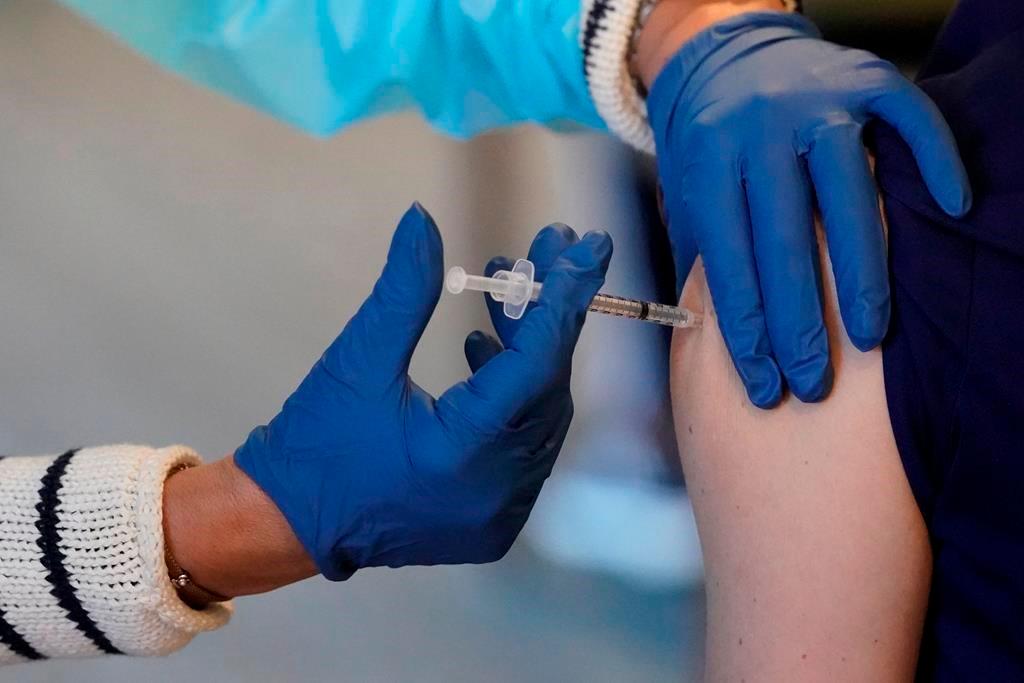OTTAWA—Snowbirds are rushing to get inoculated down south as provincial vaccine rollouts lag north of the border, with Canadian seniors enjoying readier access to doses in Florida than back home.
While many of the roughly one million Canadians who flock to sunnier climes each winter have stayed put this year, those who made the migration are signing up for shots and avoiding the wait facing people from Newfoundland and Labrador to British Columbia.
More than 329,000 people in Florida alone have already received at least one dose, compared to fewer than 206,000 doses administered across Canada as of Thursday, according to one vaccine tracker.
Perry Cohen, a 74-year-old Torontonian who spends roughly half the year in the Sunshine State, says he was among the first to receive a shot at his retirement community in Deerfield Beach, north of Miami.
“It’s a nice way to start the year off. I’ve got friends in Toronto that are going, ’What?’” said Cohen, who arrived at his winter home in early December and received a Moderna vaccine dose along with his wife on Tuesday.
“I’m not coming down here for that, but if I can get it, why not?”
Florida allows anyone aged 65 and older to sign up for vaccination—at clinics, hospitals drive-thru sites, and soon pharmacies—including non-residents. Counties oversee registration, which can fill up quickly for the following week.
“From what I’m hearing, appointments disappear within two minutes of certain days becoming available,” said Jill Wykes, editor of Snowbird Advisor, an online resource for snowbirds.
“There’s a high demand for this.”
Martin Clavet-Bédard, vice-president of the Richard’s Motel Family of Lodgings that caters largely to Quebecers in south Florida, says he’s received calls from Canadians eager to hop south solely to jump the provincial vaccination queue.
The company hopes to roll out a campaign to make up for lost business at its hotel, motel, and apartment suites during the pandemic.
“The promotion will be ‘vaccines and good weather this winter in Florida,’ or something like that. We can even arrange it to help people make appointments at pharmacies,” Clavet-Bédard said in French.
Despite anecdotes about queue jumpers, there is little evidence that a wave of Canadians is sweeping south in search of syringes.
“Having access to the vaccination sooner isn’t going to move the needle and isn’t going to be increasing the amount of snowbirds who are going to be travelling stateside,” said Evan Rachkovsky, spokesman for the Canadian Snowbird Association.
About 70 percent the group’s 110,000 members are staying home this winter, he said.
In Arizona—second only to Florida in the number of Canadian snowbirds who nest there part-time—anyone aged 75 and older is expected to be able to register for vaccination starting in late January.
In Canada, the pace at which doses are being administered is only just starting to accelerate, despite upwards of a million doses of COVID-19 vaccines expected to arrive by the end of the month.
As vials arrive, they are transferred to the provinces, which have control over administering the shots to individual recipients, and how fast that is happening varies widely across the country.
An effort at Britain’s University of Oxford to track global COVID-19 vaccination efforts suggests Canada is in eighth place overall when it comes to the rate of inoculation, but that pace is well behind the United Kingdom and the United States.
What the federal government could do to speed things up is on the agenda at a meeting between Prime Minister Justin Trudeau and his provincial and territorial counterparts Thursday.
Trudeau said Tuesday he shared the frustrations of Canadians who think the vaccinations should be going faster, as concern grows around sluggish provincial immunization programs.
Some premiers have blamed limited supply—Manitoba Premier Brian Pallister called it a “squirt gun”—as well as the ultra-cold storage requirements for the Pfizer-BioNTech vaccine.
By Christopher Reynolds





